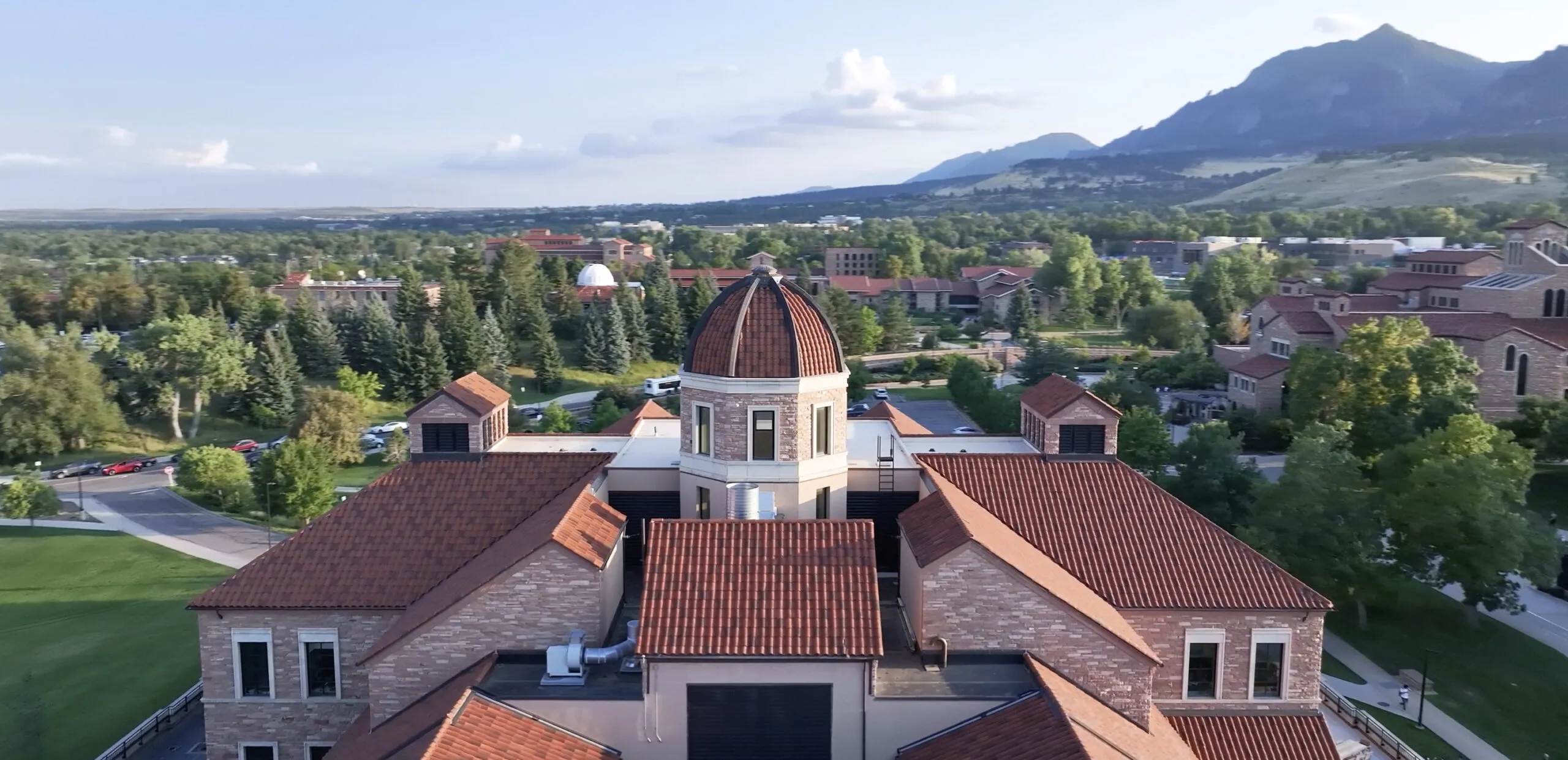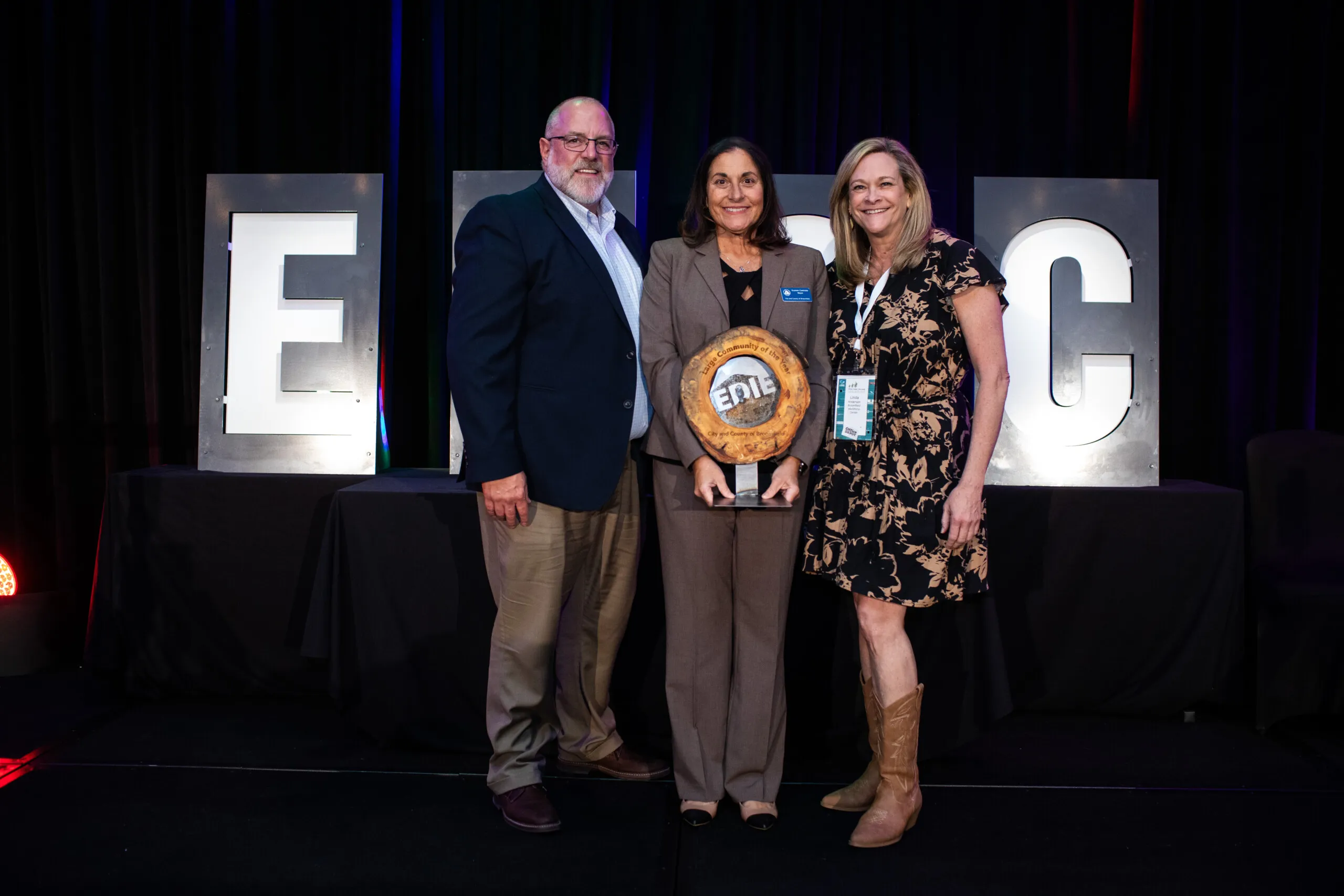CU business confidence index: Worries about cold weather and election, but optimism into 2021
BOULDER — Industry leaders in Colorado were slightly more bullish heading into the final quarter of 2020 than they were earlier this year but aren’t as confident heading into the colder months as they were during the summer.
The quarterly report and survey from the University of Colorado Boulder Leeds School of Business puts the overall index at 47.9, whereas a 50 indicates a purely neutral outlook. That’s a 3.6 percentage-point increase from last quarter’s index rating of 44.3.
The increase was buoyed by higher confidence rankings across the survey’s six components, with…
THIS ARTICLE IS FOR SUBSCRIBERS ONLY
Continue reading for less than $3 per week!
Get a month of award-winning local business news, trends and insights
Access award-winning content today!




